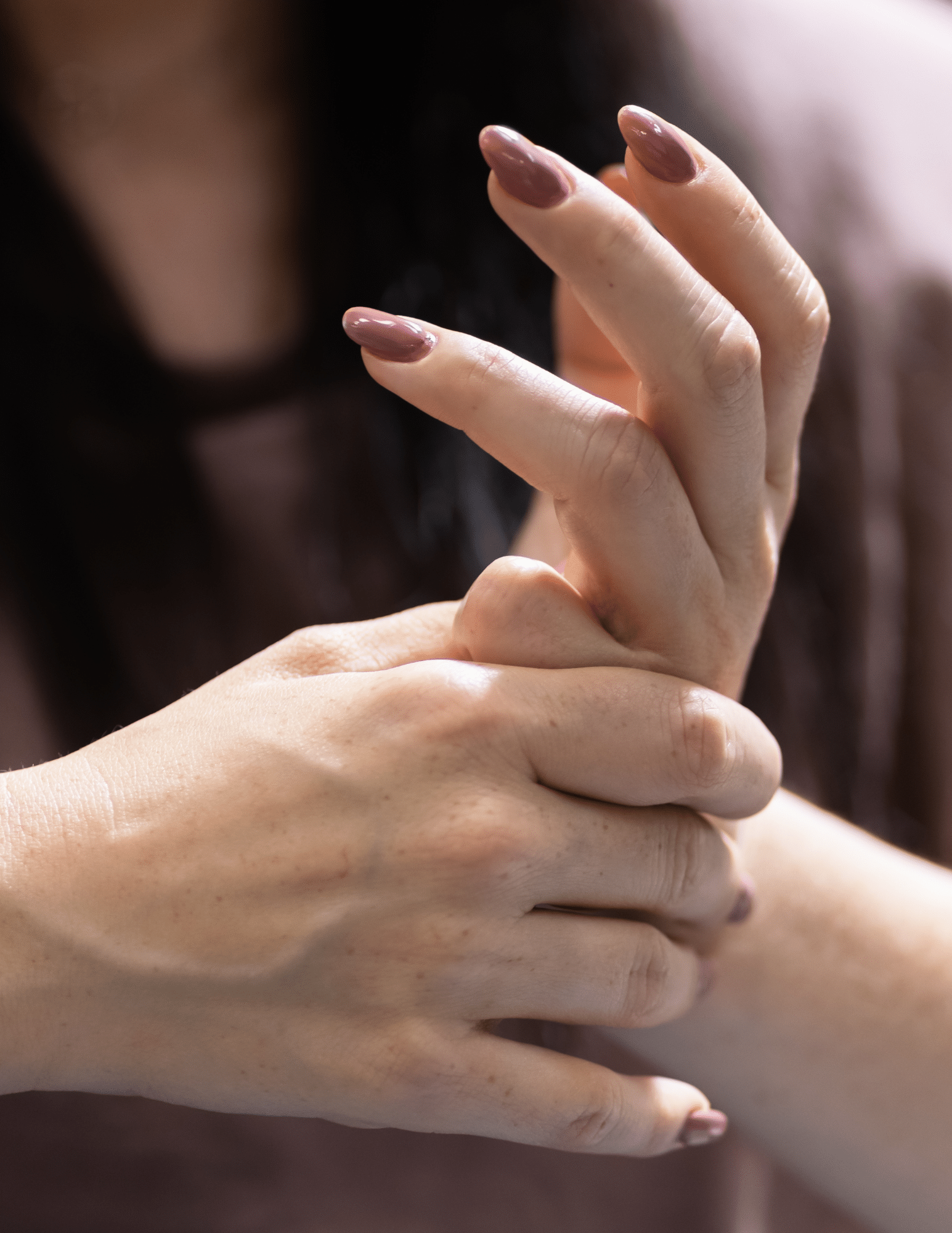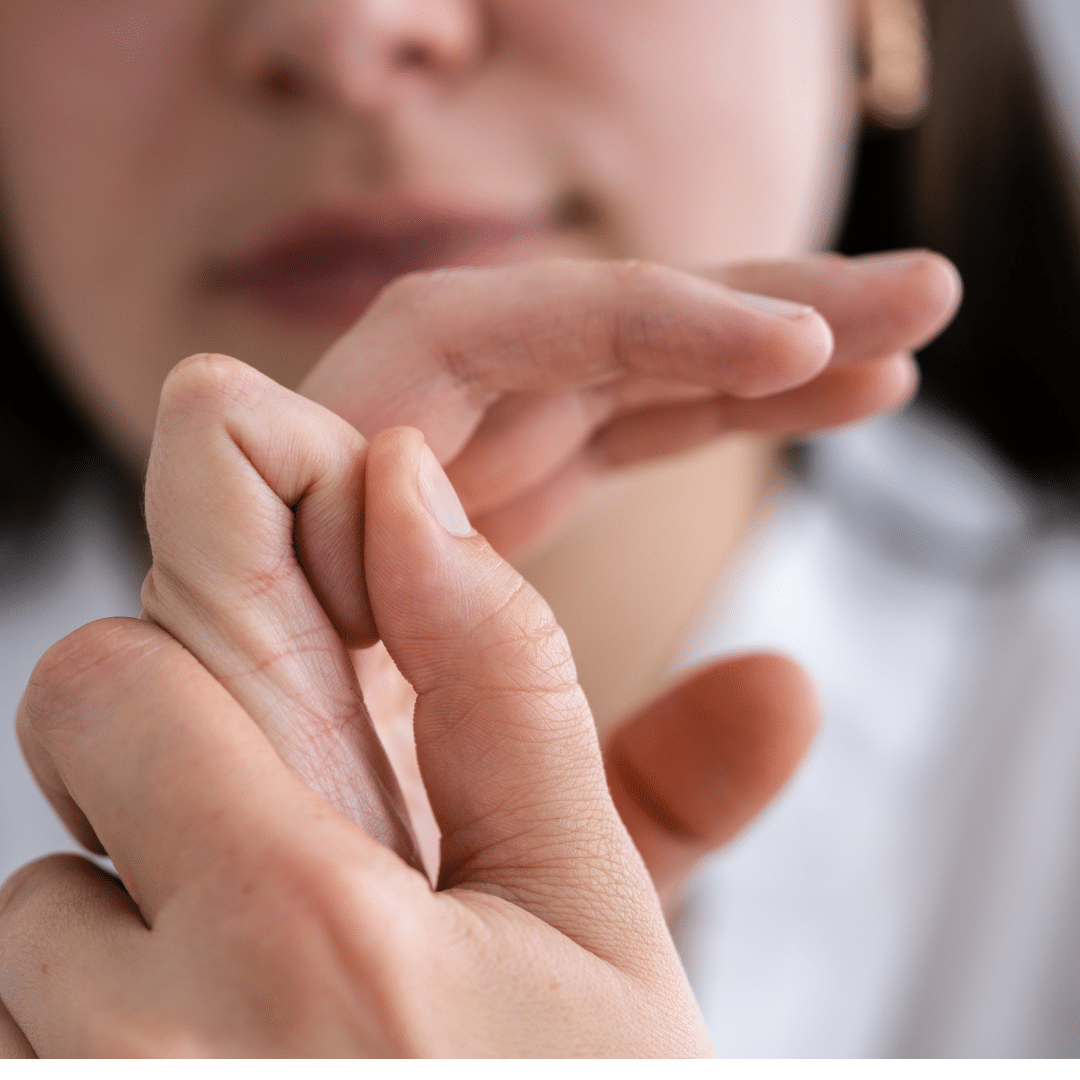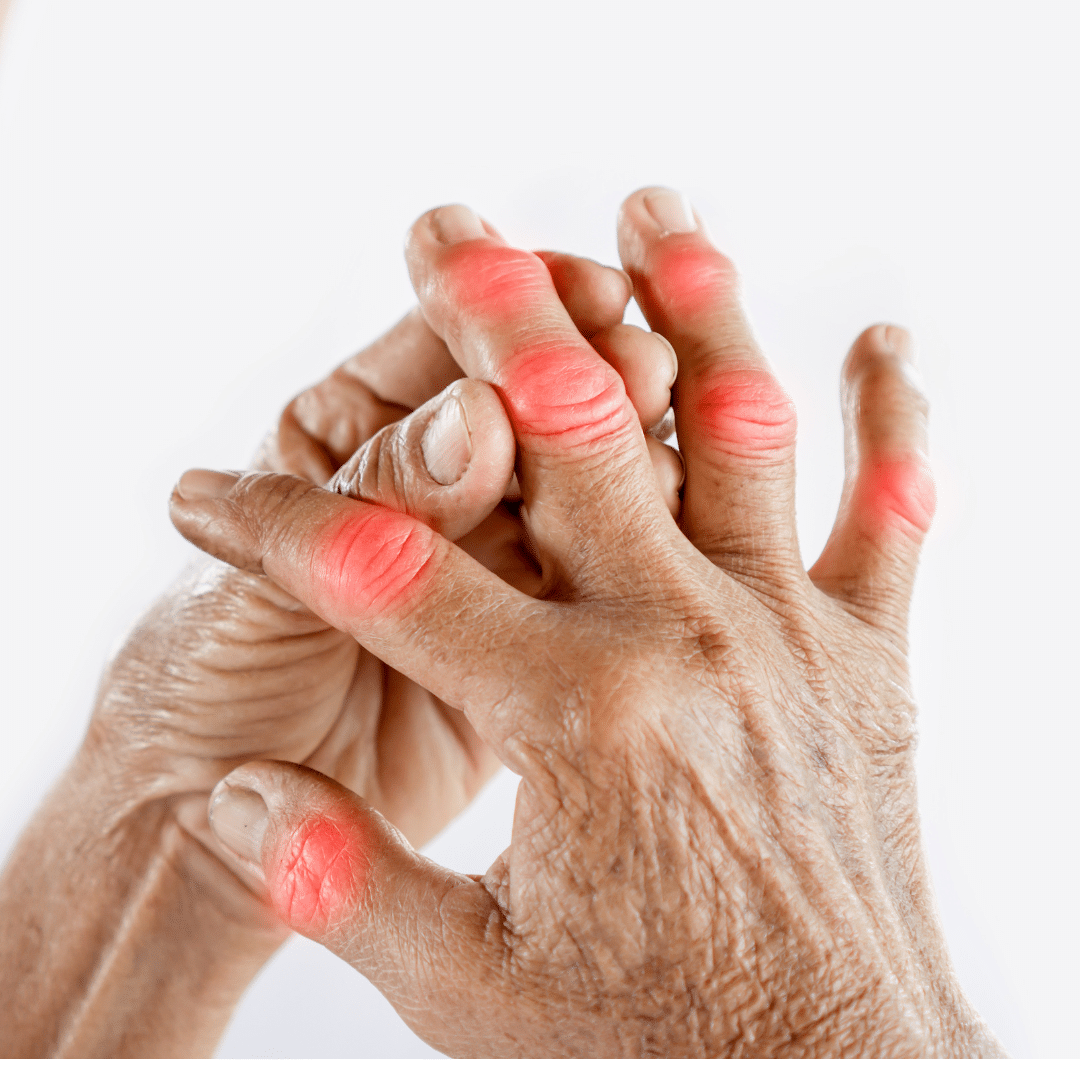Why do Joints Crack?
Hearing a crack, pop, or snap in your joints can be both satisfying and concerning. It’s a sensation many people experience when stretching, twisting, or simply standing up after sitting for a while. But why do joints crack? Is it a sign of something wrong, or is it a normal occurrence? In this resource page, we’ll dive deep into the reasons behind why joints crack, how often it happens, whether it’s normal, and what you can do to manage it.

What Causes Joints to Crack?
What Causes Joints to Crack?
The sound you hear when your joints crack, known medically as “crepitus,” can be caused by several different mechanisms. Understanding why joints crack starts with knowing the structure of joints. Joints are where two bones meet, and they are often surrounded by a capsule filled with synovial fluid, which acts as a lubricant.
Here are the main reasons why joints crack:
- Gas Bubbles in Synovial Fluid
One of the most common causes of joint cracking is the release of gas bubbles from the synovial fluid. The fluid inside your joints contains dissolved gases like oxygen, nitrogen, and carbon dioxide. When you move or stretch your joints, the pressure inside the joint capsule changes, which can cause the gases to form bubbles and collapse, resulting in the familiar cracking or popping sound. - Ligament or Tendon Movement
Another reason why joints crack is the movement of ligaments or tendons over bones. Ligaments and tendons are connective tissues that attach muscles to bones and bones to other bones. As they stretch or move over bony structures during motion, they can produce a snapping sound. This is more common in joints like the knees or hips when walking or moving in certain ways. - Arthritis and Joint Degeneration
In some cases, joint cracking may be associated with arthritis or joint degeneration. Osteoarthritis, for example, causes the cartilage in your joints to wear down over time. When the protective cartilage wears away, bones may rub together, causing cracking or popping noises. In this context, why joints crack might signal underlying joint problems that should be addressed by a healthcare professional. - Rough Joint Surfaces
Sometimes, why joints crack can be explained by irregularities in the surfaces of your joints. When the joint surfaces become uneven, often due to injury or long-term wear and tear, moving the joint can cause friction and produce a sound. This can happen in the spine, knees, or shoulders.


How Often Do Joints Crack?
Joint cracking is a relatively common occurrence for most people, but how often joints crack can vary widely depending on the person and their daily activities. For example, some individuals may hear their knees or ankles crack every time they squat or stretch, while others may only notice cracking occasionally.
Here are some factors that influence how often joints crack:
- Age: As people age, the frequency of joint cracking tends to increase due to the natural wear and tear on joint cartilage.
- Activity Level: People who are physically active, such as athletes or individuals who frequently stretch, may notice their joints cracking more often.
- Flexibility: People with hypermobility or who are particularly flexible may experience more frequent joint cracking as their ligaments and tendons move around their joints.
- Body Position: Sometimes, just the way you sit or stand can cause your joints to crack. Those who sit in the same position for long periods may notice their joints cracking when they finally stand up and stretch.
While cracking joints may happen frequently, it is usually not a cause for concern. However, if you experience pain, swelling, or reduced range of motion in addition to joint cracking, it’s a good idea to consult a healthcare professional.
Is It Normal for Joints to Crack?
Here are some factors that influence how often joints crack:
- Age: As people age, the frequency of joint cracking tends to increase due to the natural wear and tear on joint cartilage.
- Activity Level: People who are physically active, such as athletes or individuals who frequently stretch, may notice their joints cracking more often.
- Flexibility: People with hypermobility or who are particularly flexible may experience more frequent joint cracking as their ligaments and tendons move around their joints.
- Body Position: Sometimes, just the way you sit or stand can cause your joints to crack. Those who sit in the same position for long periods may notice their joints cracking when they finally stand up and stretch.
While cracking joints may happen frequently, it is usually not a cause for concern. However, if you experience pain, swelling, or reduced range of motion in addition to joint cracking, it’s a good idea to consult a healthcare professional.


Is It Bad to Crack Your Joints on Purpose?
Many people crack their knuckles or other joints on purpose, often as a habit or because it feels good. But does this cause any harm?
Contrary to popular belief, studies have not shown a definitive link between habitual joint cracking and long-term joint problems, such as arthritis. Cracking your joints doesn’t appear to cause any lasting damage to the joint surfaces or cartilage. However, if you’re forcing your joints to crack in ways that feel uncomfortable or painful, it could potentially cause strain or injury to ligaments or tendons over time.
How to Reduce Joint Cracking
While why joints crack may be a normal part of life, some people may find the noise annoying or worry that it indicates a problem. If you’re concerned about frequent joint cracking, there are a few strategies you can try to reduce it:
- Stay Active: Regular exercise and movement help keep your joints lubricated and flexible, which can reduce the likelihood of cracking.
- Stretch Regularly: Stretching helps prevent tight muscles and tendons from snapping over bones and causing sounds. Focus on gentle, controlled stretches that improve flexibility.
- Hydrate: Staying well-hydrated can help maintain the health of your joints and the lubrication of your synovial fluid, which may reduce cracking.
- Strengthen Your Muscles: Building strong muscles around your joints can help support them and reduce unnecessary strain that leads to cracking.
When to See a Doctor
In most cases, cracking joints are harmless, but if your joint cracking is accompanied by pain, swelling, or other symptoms, it’s important to seek medical advice. You should see a doctor if you experience any of the following:
- Joint pain that lasts for more than a few days
- Swelling, redness, or warmth around the joint
- Limited range of motion or difficulty moving the joint
- Persistent joint cracking after an injury
A healthcare professional can evaluate your symptoms and determine whether the joint cracking is due to something like arthritis, injury, or joint inflammation.

Final Thoughts on Why Joints Crack
In most cases, why joints crack is a harmless phenomenon that happens to everyone from time to time. Whether it’s gas bubbles in the synovial fluid, tendons moving over bones, or the result of age-related joint changes, joint cracking is usually nothing to worry about. However, if your joints crack frequently, and especially if they crack with pain or swelling, it may be worth consulting a doctor to rule out underlying conditions like arthritis.
By staying active, maintaining flexibility, and taking care of your joints, you can minimize cracking and enjoy healthy, well-functioning joints throughout your life. Understanding why joints crack can help you feel more confident in managing your joint health and knowing when to seek professional advice.
Why Do Joints Crack FAQs
Can joint cracking be prevented?
While occasional joint cracking is normal, you can reduce it by staying hydrated, maintaining a healthy weight, and engaging in regular exercise to keep joints flexible. Strengthening the muscles around the joints can also help reduce strain.
Does joint cracking cause arthritis?
There is no strong evidence that joint cracking causes arthritis. While some believe that repeated cracking may lead to joint issues later in life, studies show no direct link between cracking and arthritis development.
Should I avoid cracking my knuckles?
Cracking knuckles occasionally is generally harmless. However, frequent cracking may irritate the joints or soft tissues surrounding them. If you experience pain or discomfort, it’s best to stop and consult a healthcare professional.
Is it normal for joints to crack more as I age?
Yes, joints tend to crack more as we age due to the natural breakdown of cartilage, decreased joint lubrication, and stiffer ligaments. This is a normal part of aging, but any pain associated with cracking should be checked by a doctor.
